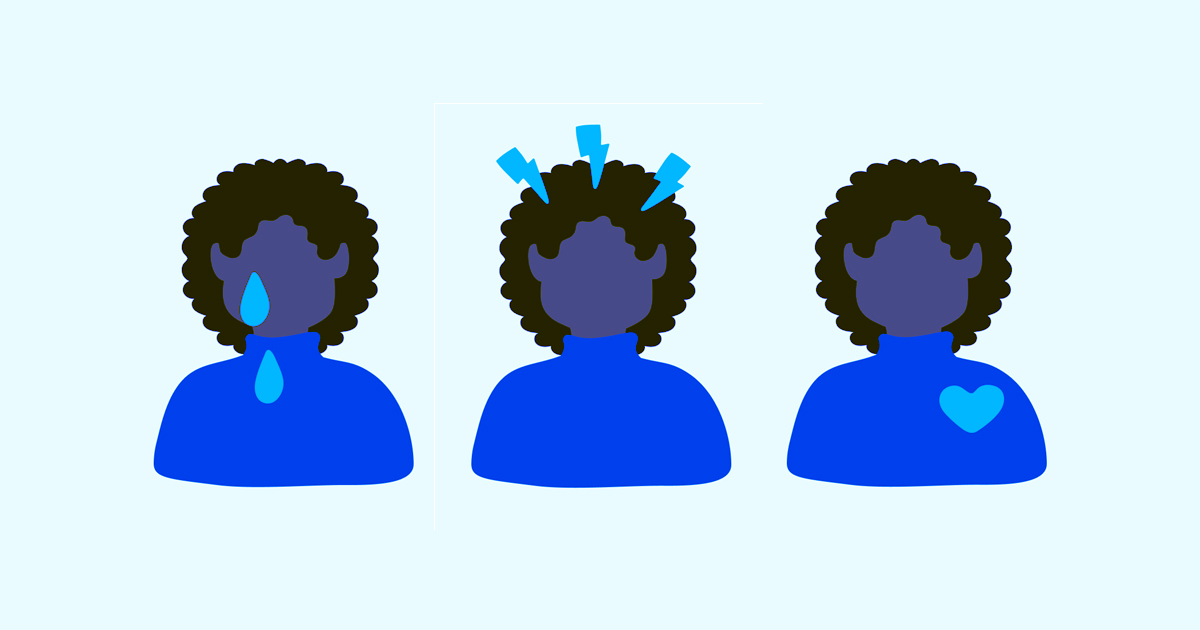The concepts of emotions and hormones are closely interconnected, as hormones can influence and regulate emotional states in the human body. Here are some key points regarding the emotional and hormonal effects on each other:
Hormonal effects on emotions: Hormones are chemical messengers produced by various glands in the body, such as the hypothalamus, pituitary gland, adrenal glands, and reproductive organs. These hormones can have a significant impact on emotional well-being and mood. For example:
Serotonin: Often referred to as the “feel-good” hormone, serotonin plays a crucial role in regulating mood, happiness, and emotional stability. Imbalances in serotonin levels have been linked to mood disorders such as depression and anxiety.
Cortisol: Known as the stress hormone, cortisol is released in response to stress or perceived threats. Elevated levels of cortisol over an extended period can contribute to feelings of anxiety, irritability, and mood disturbances.
Oxytocin: Referred to as the “love hormone” or “bonding hormone,” oxytocin is associated with social bonding, trust, and emotional attachment. It is released during positive social interactions, such as hugging or intimate moments, and can promote feelings of closeness and well-being.
Estrogen and progesterone: These hormones, primarily involved in the menstrual cycle and reproductive functions, can also influence mood and emotions. Fluctuations in estrogen and progesterone levels throughout the menstrual cycle can contribute to premenstrual mood symptoms and affect mood regulation in women.
Emotional effects on hormones: Emotions and psychological states can also impact hormone production and release. For instance:
Stress and emotions: Emotional states, particularly stress and anxiety, can stimulate the release of stress hormones like cortisol and adrenaline. These hormones prepare the body for a “fight-or-flight” response, triggering physiological changes to cope with perceived threats or challenges.
Positive emotions: Positive emotions such as happiness, joy, and love can stimulate the release of hormones like endorphins and oxytocin. Endorphins are associated with feelings of pleasure and well-being, while oxytocin promotes bonding and positive social interactions.
Mental health and emotions: Emotional disturbances, such as chronic stress, depression, or anxiety, can disrupt the delicate balance of hormones in the body. Conditions like major depressive disorder or generalized anxiety disorder may involve dysregulation of certain hormones and neurotransmitters, leading to persistent emotional imbalances.
It’s important to note that the relationship between hormones and emotions is complex and multifaceted. While hormonal imbalances can influence emotional states, emotions and psychological well-being can also impact hormone production and regulation. Additionally, other factors such as genetics, environmental influences, and individual differences play a role in shaping emotional and hormonal interactions.






